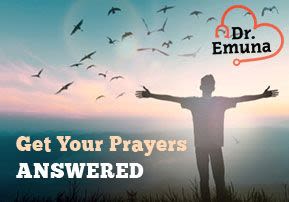
Dr. Emuna: Get Your Prayers Answered
Everyone wants to get their prayers answered, but not everyone knows the secret of how to do it...

Rabbi Nachman teaches that everything can be healed with emuna. What is emuna? PRAYER. As Rabbi Arush is wont to say, “If you have emuna, if you believe, you pray. And if you don’t pray, you don’t have emuna, and you don’t believe.”
Okay, so we want to be healed of our physical and emotional ailments. For that we need emuna, and emuna means prayer. But let’s face it: We all know of people who have prayed for years, tried everything in the book, and more, and weren’t healed, weren’t answered. Clearly, we need advice as to how to pray in a way that will get our prayers answered. We want prayers that will work!
Rabbi Arush explains that prayers are answered according to the level of emuna put into the prayer. Which prayers are emuna shleima – complete and perfect emuna? Thanking Hashem.
It sounds so simple, it’s almost laughable. Could that really be it? That’s all? Say thank you?!
Rabbi Arush says that people are prepared to roll in the snow, fast for 40 days, and generally make themselves miserable in order to repent and receive the Divine assistance they so desperately need. But they aren’t prepared to hear that the real solution to all their problems is simply to thank Hashem and be happy!
The answer is that it really is not so simple. It’s true that it’s very simple to be a parrot saying “thank you Hashem for the suffering, thank you Hashem for the suffering.” But to truly say thank you with your whole heart? Especially when the situation sure as heck seems to have absolutely no good in it whatsoever? As the Yiddish saying goes: “Nisht pashut” – not simple at all.
The hang-up comes from the Evil Inclination (EI) which screams: “BUT IT IS BAD!!! How can I say thank you for something BAD?” And the most important answer to this question also brings us to the universal “thank you” that can be found in every single situation. The thank you that personally, helps me get started every time I want to thank Hashem, and find myself stuck in the sadness and depression instead.
So what’s the answer to the EI? It is bad in this world. It is! Your mind is telling you that this is bad, and your mind is correct. But if it is making me pray, if it is pushing me to take some important spiritual steps and to do teshuva, then it is bringing me closer to Hashem. That is my purpose in life and the reason why I am in this world! Therefore, it is good – because anything that brings you closer to the purpose of life is good!
Since living with emuna is living in Gan Eden (Paradise), then anything that enables me to strengthen my emuna, pushes me to learn about emuna, forces me to pray, to nullify my ego and my arrogance, work on my anger, etc. etc. etc. – i.e. most of the “bad” in this world – is now good because it is bringing me closer to emuna, and closer to Hashem! It’s like a secret back road to all the good – at first it looks kinda scary, but suddenly you arrive at the destination and discover that it was well worth it!
Fine and good – it's all for the best. But don’t I need to tell Hashem about my problems and difficulties? How is Hashem going to answer me if I don’t ask for what I want and need? If I don’t pray about my problems and difficulties? Surely, this should still make up the bulk of my prayers!
The answer is: NO. Rabbi Arush teaches that people make a critical mistake when praying. They skip or rush thanking Hashem, wanting instead to get into the “meat” of their problem, and pour out their broken heart before Hashem. This is a big mistake because prayers are answered based on the thanking, and not based on the requesting!
I clearly remember one particular time that I was speaking to Hashem about a very difficult situation. I had already been tackling this topic for a few days and had not felt any progress. As I was sitting and telling Hashem all about the sordid situation, I suddenly realized: “Hashem knows all of it already! Hashem already knows everything about what I have, what I need, what I lack, what’s happening in my life, and what I think would be good for me, but really isn’t. Why do I need to waste my time telling Him all about it? Certainly, Hashem has all the time in the world to listen to me, but I don’t have so much time to speak to Him! And I have a lot of things that I need to cover in this time that I did manage to carve out of my hectic schedule!”
So, I cut the long explanation and pouring my heart out with all its bitterness, and went right to the end. I skipped right to asking for emuna, to truly know that it is all for the best, and to feel calm and happy even with this trouble. I thanked Hashem for the good in my life, as well as the good things that this situation was pushing me to rectify.
At first it felt very counter-intuitive, because we are all used to thinking that prayer is all about requesting what we need in order to receive it. But when I pushed myself to strengthen my emuna that Hashem already knows all about it, I found my prayers automatically changing from whining about all my fears and worries, to thanking Hashem for the opportunity to strengthen my emuna and grow through the difficulty. From getting bogged down in all the gory details and “bitter black gall” of the past, to praying much more effectively on how to solve the problem in the future.
This type of future-oriented prayer almost automatically enables you to also reconnect to the happiness. I left that prayer session happier and calmer than I had felt in I don’t know how long. Why harp on all this negativity? It was much easier now to fulfill another suggestion from Rabbi Nachman: “One hour in personal prayer, and 23 hours happy.” Now I could let go. Hashem knows about all of it already; my job is just to let Him run the show, relax, be happy, and strengthen my emuna.
****
Rachel Avrahami grew up in Los Angeles, CA, USA in a far off valley where she was one of only a handful of Jews in a public high school of thousands. She found Hashem in the urban jungle of university. Rachel was privileged to read one of the first copies of The Garden of Emuna in English, and the rest, as they say, is history. She made Aliyah and immediately began working at Breslev Israel.
Rachel is now the Editor of Breslev Israel's English website. She welcomes questions and comments to her email: rachel.avrahami@breslev.co.il.








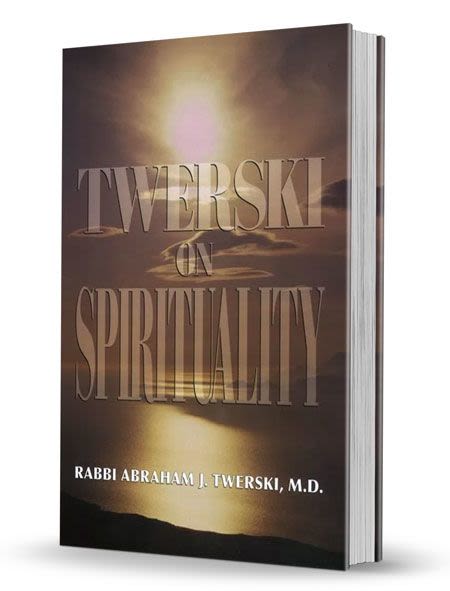
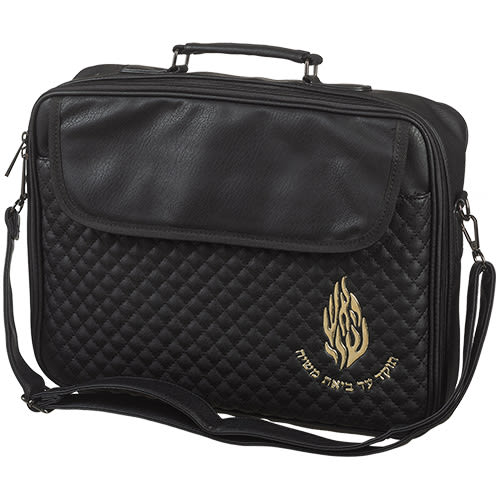
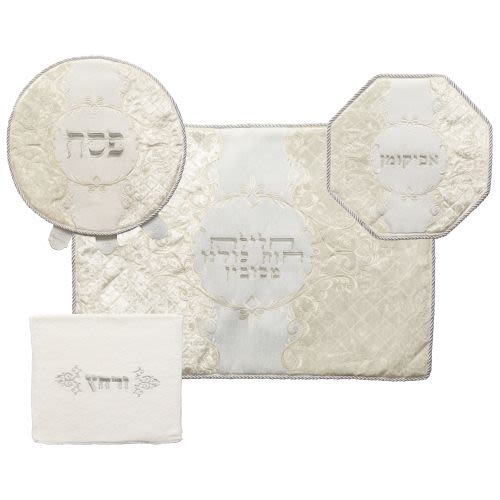
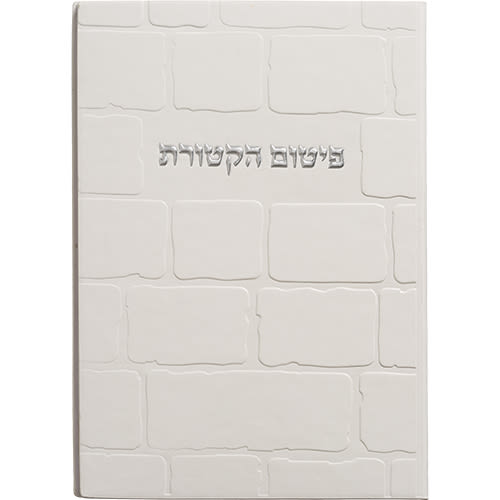
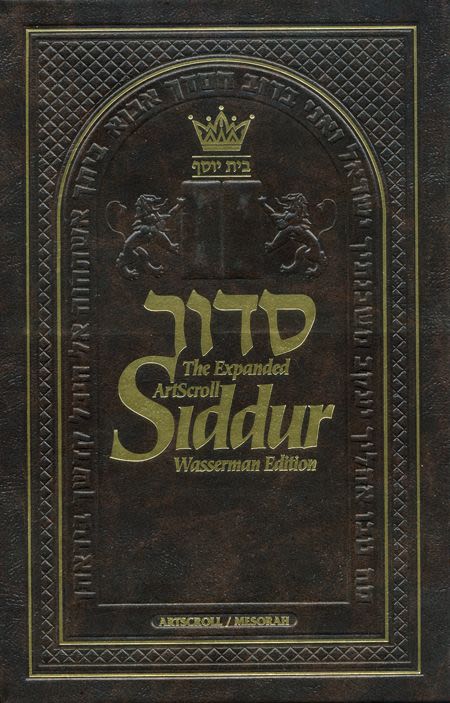
Tell us what you think!
Thank you for your comment!
It will be published after approval by the Editor.